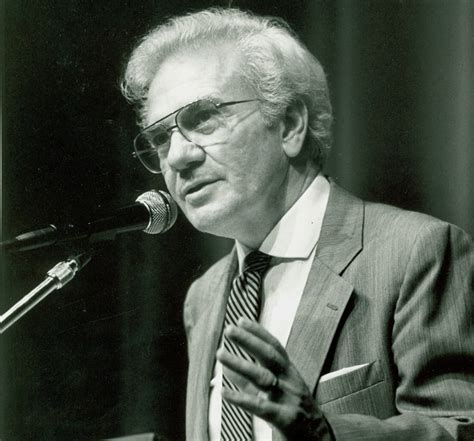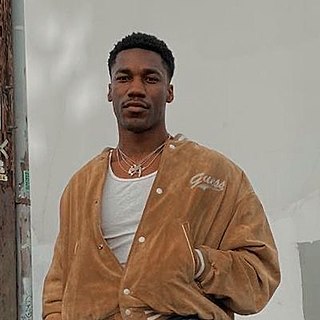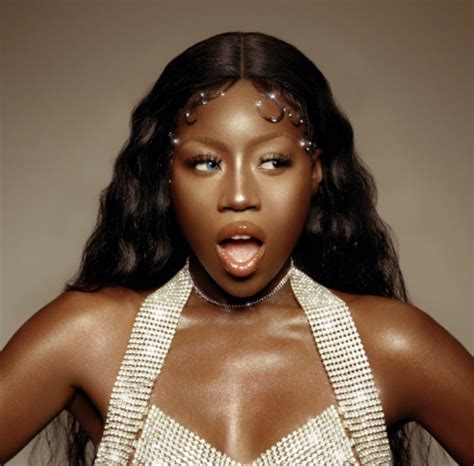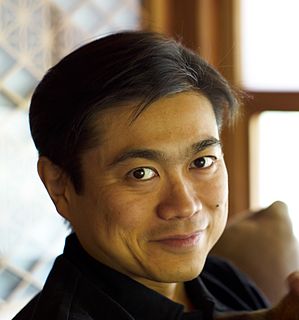A Quote by Gerry Spence
I am not as concerned about choosing the right words as I am in letting the words flow naturally.
Related Quotes
I am a dreamer of words, of written words. I think I am reading; a word stops me. I leave the page. The syllables of the word begin to move around. Stressed accents begin to invert. The word abandons its meaning like an overload which is too heavy and prevents dreaming. Then words take on other meanings as if they had the right to be young. And the words wander away, looking in the nooks and crannies of vocabulary for new company, bad company.
All voting is a sort of gaming, like checkers or backgammon, with a slight moral tinge to it, a playing with right and wrong, with moral questions; and betting naturally accompanies it. The character of the voters is not staked. I cast my vote, perchance, as I think right; but I am not vitally concerned that right should prevail. I am willing to leave it to the majority.
We hear a lot of talk these days about teaching values in higher education. Frankly, I am not sure this can be accomplished through a separate course in morality or ethics. I am convinced, however, that values are sustained on campus by the honesty of our words, and by the confidence we have in the words of others.
Each time I write, each time the authentic words break through, I am changed. The older order that I was collapses and dies. I lose control. I do not know exactly what words will appear on the page. I follow language. I follow the sound of the words, and I am surprised and transformed by what I record.
Nobody needs to go anywhere else. We are all, if we only knew it, already there. If I only knew who in fact I am, I should cease to behave as what I think I am; and if I stopped behaving as what I think I am, I should know who I am. What in fact I am, if only the Manichee I think I am would allow me to know it, is the reconciliation of yes and no lived out in total acceptance and the blessed experience of Not-Two. In religion all words are dirty words. Anybody who gets eloquent about Buddha, or God, or Christ, ought to have his mouth washed out with carbolic soap.




































